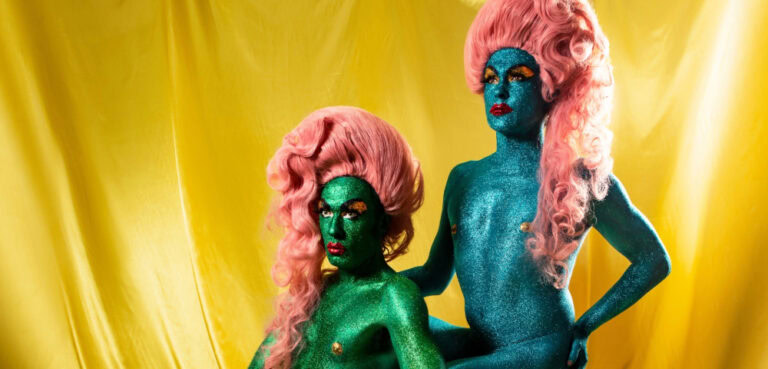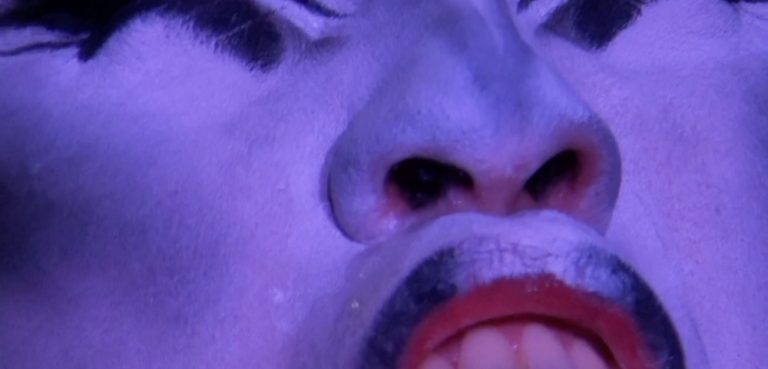
Night Letters
Let me put critical euphemism to one side and say straightforwardly that I really wanted to like the Adelaide festival production of Night Letters but didn’t. Yes, it has elements of daring; yes, the set design and costumes are magnificent; yes, it uses a number of interesting theatrical techniques; yes, the live music mix adds enormously to the production; but no, it simply doesn’t work.
The Queen’s Theatre in Adelaide is touted as Australia’s oldest working theatre and this venue added atmosphere to a production that attempts to bring to life a sojourn in historic Venice. But in 40-degree heat for a four-hour production the old tin shed quickly lost its charm.
Robert Dessaix’s novel Night Letters is the story of the unnamed gay narrator who goes to Europe following the diagnosis of an unnamed life-threatening illness, interspersed with the tales from history that he encounters such as the story of a Russian countess and her amulet and a Venetian prostitute and her wily mother. This theatrical adaptation by Susan Rogers and Chris Drummond has extracted each of these tales and each story is portrayed by an ensemble cast playing multiple characters in a collage of interspersed narratives.
Rogers has also added a back-story not present in the book, which traces the narrator and his lover’s initial reaction to the diagnosis. This gives more emotional content to the narrator as a central character, which is essential if the production is going to draw an audience through a demanding four-hour drama. And this for me is where it really falls down.
The character in Dessaix’s novel is certainly world-weary with a touch of knowing cynicism but what makes him so engaging, and ultimately redeems him, is that he allows his sense of wonder and curiosity to startle him into a new vision of life. The character as played by Humphrey Bower in this production is all cynicism and weariness with a hefty dose of anger that makes him very hard to like or care about. Bower plays him in a mannered way that includes a lot of rolled eyes and dismissive sniffing of air.
The production is way too long and cries out for a judicious edit before it moves to Melbourne next month. And Bower and Drummond need to work much harder at getting the characterisation of the narrator right. The whole drama hangs on the audience’s identification with this man and, after four hours in a sweat box being shouted at, I couldn’t have cared whether he lived or died.
INFO Marcus O’Donnell travelled to the Adelaide Festival courtesy of Tourism South Australia.









